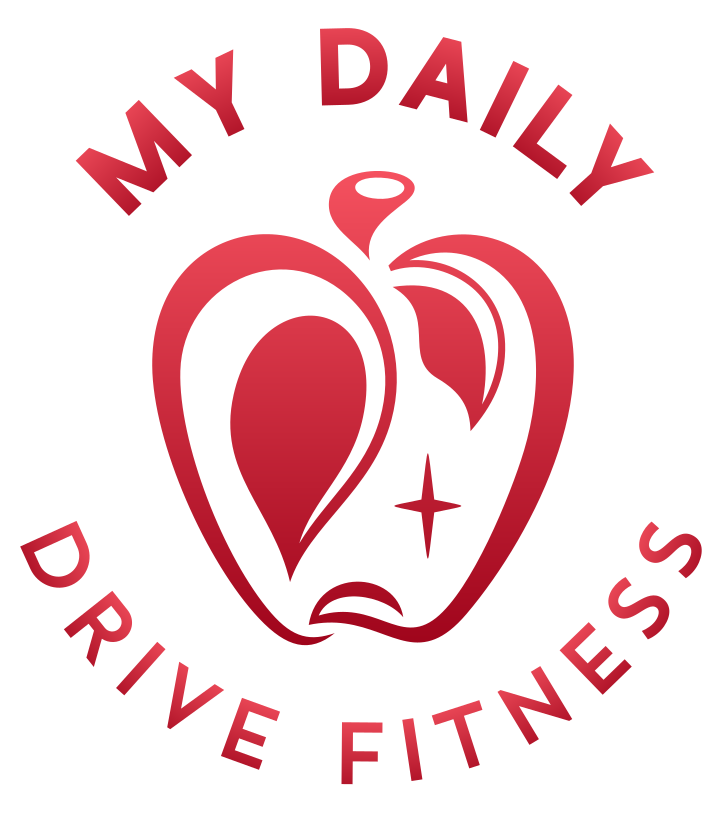Hydration and electrolytes, they sound like science class but really, they’re part of your life every day. Hydration is all about keeping your body topped up with water so it can do its thing, like regulating temperature and keeping organs working smoothly. Water is your body’s unsung hero. It makes up about 60% of you!
Now, onto electrolytes, these are minerals like sodium, potassium, and chloride that carry an electric charge. Yeah, your body’s got its own electric network and it’s pretty cool. These little guys help maintain fluid balance, muscle contractions, and nerve impulses. Think of them as the body’s communication system working behind the scenes.
So, are hydration and electrolytes the same thing? Not quite. While they’re both crucial for keeping your body in check, they play different roles. Drinking water hydrates you, but electrolytes help keep the water where it needs to be. They go hand-in-hand, like peanut butter and jelly, each one making the other work better.
Ever been floored by a hot day or a tough workout, feeling like you’ve been wrung out like a sponge? That’s your body thirsting for both water and its buddy, electrolytes. It’s all about balance, keeping enough of both to avoid becoming a dried-out husk or ending up like a water balloon ready to burst.
Staying hydrated and balanced with electrolytes isn’t just for marathon runners. Whether you’re hiking a trail or just living your everyday life, understanding this dynamic duo can help you feel your best. Grab that water bottle and maybe a snack rich in electrolytes, because a bit of knowledge goes a long way in keeping you ready for whatever comes your way.
Do Electrolyte Supplements Enhance Hydration?
Electrolytes, these tiny charged particles, can be game changers, especially when you’re in need of serious hydration support. So, do supplements actually help you stay hydrated? Well, in the right conditions, they sure can boost your body’s capacity to replenish and regroup.
Electrolyte supplements work by ensuring that when you hydrate, your body doesn’t just guzzle the water but also retains and uses it effectively. This is particularly handy when you’re sweating it out—literally—whether from a hardcore workout, a hike, or even sweltering heat. The more you sweat, the more electrolytes you lose, and replacing them can help stave off that dreaded dehydration fatigue.
But it doesn’t stop there. People with certain health conditions or those into endurance sports often find that regular intake of these supplements might keep them from hitting a wall of exhaustion. Imagine running a marathon, and halfway through, realizing you’ve hit a hydration crisis. That’s where electrolytes step in, filling the gap where good old water might falter.
The science behind it is about maintaining osmotic balance. Basically, electrolytes help control where and when water travels in and out of your cells, optimizing your hydration. Quite a clever little system, don’t you think?
Research suggests that in specific scenarios, supplementing with electrolytes can make water absorption more efficient, reducing recovery time and performance dips. Whether you’re a gym enthusiast, an aspiring athlete, or just someone who loves spending sunny days outside, consider how electrolytes might just be the hydration partners you need. Just remember, not all moments call for an electrolyte boost, so it’s important to understand when and why you might reach for these supplements.
Potential Downsides of Electrolyte Supplements: What to Watch Out For
Electrolyte supplements sound like the perfect fix for hydration woes, but like all good things, they come with their caveats. Taking too much can tip the scales, turning a helpful supplement into a problem child. Too many electrolytes in your system can throw off your balance, sometimes leading to symptoms like dizziness, headaches, or worse.
Individual health conditions play a big part here. For someone with kidney issues, those extra electrolytes can be more trouble than they’re worth. The kidneys act as the body’s filtration squad, and an overload can stress them out big time. Even folks with high blood pressure need to tread carefully, especially since some electrolyte products are high in sodium.
There’s also the risk of masking symptoms of more serious conditions. Picture a scenario where you feel fatigued from dehydration and start chugging electrolyte drinks, not realizing that what you really need is medical attention. It’s a slippery slope, taking one thing to fix a different issue.
You don’t want to disrupt the body’s natural balance, so moderation and necessity are key. If you’re unsure about how these things interact with your lifestyle or health, it might be a good idea to check in with a doctor or dietitian. They can offer insights tailored to your needs, preventing your supplement routine from accidentally stepping on its own toes.
Going easy on the electrolyte train and paying close attention to how your body feels can save you from overdoing it. It’s all about balance and understanding your own health checklist—after all, nobody knows your body better than you do. Picking the right moment to supplement and understanding the “why” behind it can make all the difference.
Do You Need More Electrolytes? Signs and Symptoms to Look For
Ever find yourself wondering if your body’s asking for a bit more of those electrolytes? Sometimes it’s not so obvious, but certain signs might tip you off. Muscle cramps, for instance, could be more than just a sign of a tough workout. They might be your body’s way of saying it’s running low on essential minerals like potassium or magnesium.
Fatigue is another sneaky symptom that can often be overlooked. Sure, everyone gets tired, but if you’re feeling unusually drained or sluggish, it might be a hint that your electrolyte levels have dropped. Especially if you’ve been hitting the gym hard or sweating it out in the sun, keeping those electrolytes topped up can make a world of difference.
Let’s not forget about hydration through illness—when you’re not feeling your best and losing fluids, your body might be losing electrolytes along with it. Vomiting or diarrhea can deplete these crucial minerals faster than you’d think, so replenishing them becomes important.
Misunderstanding daily electrolyte needs can lead you astray. Many often assume more is better, but the truth is, too much supplementation isn’t usually necessary unless your lifestyle demands it. A balanced diet typically provides what the average person needs.
You don’t have to guess forever. Checking in with your body and paying attention to these signs helps you know when it’s time to step up your electrolyte game. And when in doubt, a quick chat with a healthcare professional can set you on the right track. They can help tailor your intake to ensure you’re not skimping or overdoing, hitting that sweet spot for optimal performance.
Making Informed Choices for Optimal Hydration and Electrolyte Balance
Staying one step ahead of dehydration and keeping your electrolytes in check boils down to smart choices. It’s not rocket science, but sometimes a little guidance helps. Start with your diet. A good mix of fruits and veggies can naturally provide the electrolytes your body craves. Bananas, avocados, and spinach—these guys are packing the potassium punch that keeps you balanced.
Beyond diet, it’s about lifestyle tweaks that can make all the difference. If you’re the type to go on long jogs or enjoy sweating it out in nature, keeping a water bottle close is your best bet. And when the going gets tough, that’s when you might reach for an electrolyte drink or two. But don’t make it a habit to replace every drink with those fancy sports drinks—water’s still your number one ally.
Choosing the right supplement is crucial if you decide it’s what you need. Skip the ones loaded with unnecessary sugars and go for those that offer clean and effective formulas. Checking labels for sodium, potassium, and magnesium levels can give you a heads-up on what you’re actually consuming.
Consulting healthcare professionals should never feel like overkill. They’re there to make sure your health doesn’t take a backseat to convenience. Whether it’s a doctor or a nutritionist, their insights are worth their weight in gold, helping you fine-tune how you hydrate and consume electrolytes.
Making informed decisions means you’re not just reacting to what your body tells you, but proactively taking care of it. A bit of awareness now prevents a heap of trouble later, giving you that edge to stay active and focused without skipping a beat. So, keep those hydration habits sharp, and let those electrolytes do the heavy lifting when they’re called in for duty.

